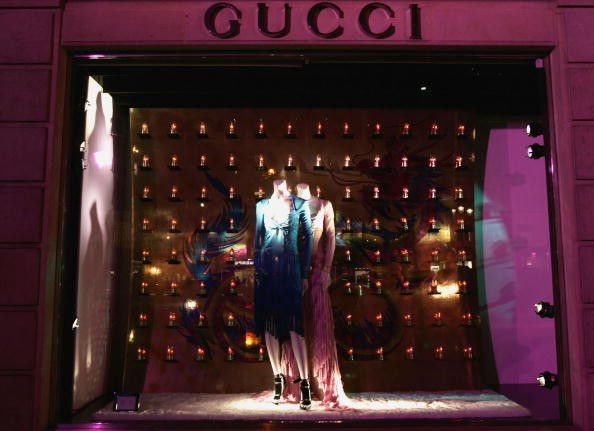The Shanghai Intellectual Property Court revealed that nearly one in six lawsuits it received in 2015 involved foreigners, majority of which were claiming to be trademark or patent infringement victims, according to an article by China Daily.
In a report released by the court, some of the accusers included luxury brands such as Gucci, Louis Vuitton and Burberry, as well as Fortune 500 firms such as Microsoft, General Electric and Hewlett-Packard.
The report also showed that the parties involved in the cases came from 15 different countries and regions, including Taiwan, Hong Kong, Japan, the United States, Germany, France and Italy.
Established in Dec. 2014, the Shanghai Intellectual Property Court aims to boost the handling of disputes over IP and IP-related issues. Last year, the court received over 1,640 cases, a 127-percent increase from 2014's figure.
"IP cases have been surging at more than 20 percent year-on-year in recent years," Li Shulan, the court's vice president, noted.
One of the cases was that of a man surnamed Lu who sold over 1.92 million worth of counterfeit UGG boots to another man surnamed Chen in 2012. The buyer then sold them overseas via online shopping sites, earning him more than 2.37 million worth of sales.
Chen received a punishment of four-year imprisonment for selling fake trademark products, while Lu was sentenced to two and a half years on the same charges.
Another case involved a store selling Gucci bags in Shanghai's Green Milano Outlets Plaza. The store, which used "Gucci" as its name and as its branding on its interior furnishings, received a penalty of 220,00 yuan on the charges of unfair competition.
"When we talk about trademarks, it refers not only to the product but also the service," presiding judge Chen Huizhen said. "Although they sold genuine Gucci bags, they misled customers into believing they were an authorized exclusive shop for the brand, which might give them an extra competitive edge."
Meanwhile, Li said that the "court will impose heavier compensation according to the law on violations of intellectual property as a stronger deterrent."
It "will increase the intensity of punishment for repeat violators and those who ignore court verdicts," Li added.



























